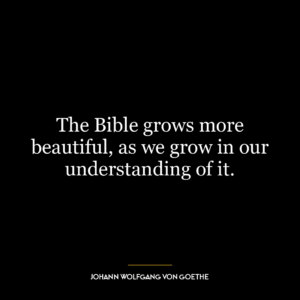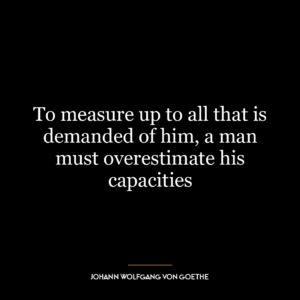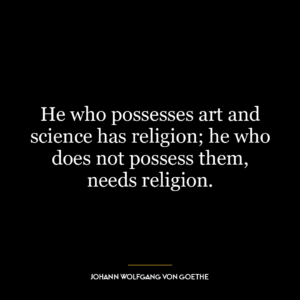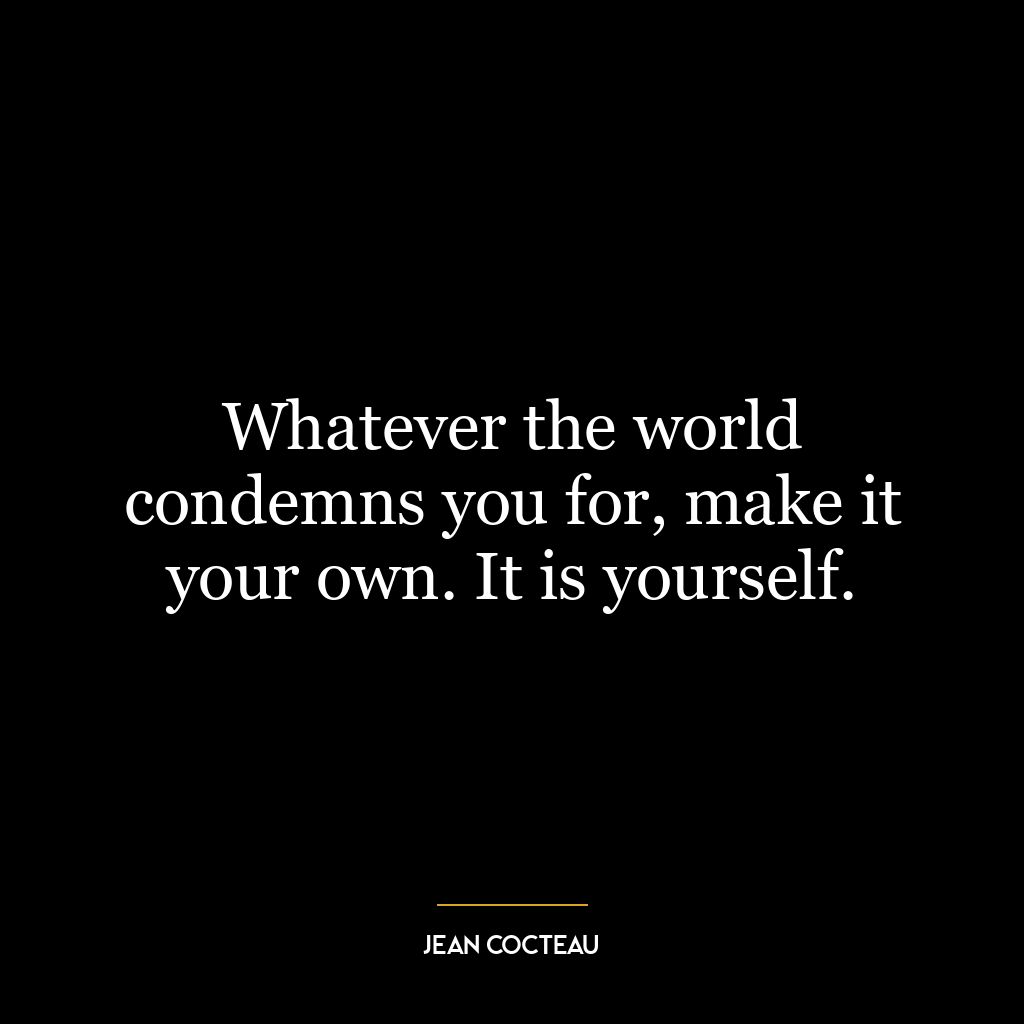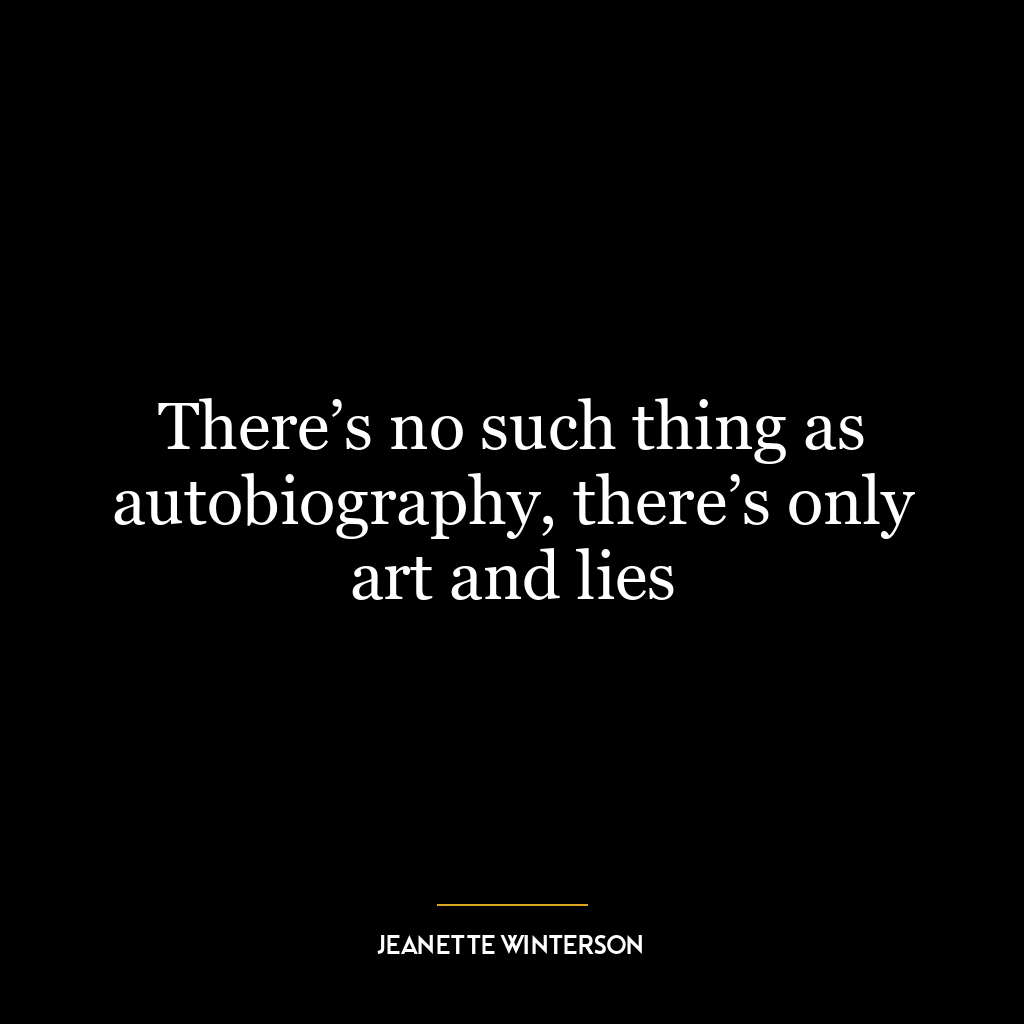This quote explores the concept of self-perception and self-worth, emphasizing the importance of accurate self-assessment. It cautions against both overestimating and underestimating oneself, implying that either can lead to detrimental consequences.
When one overestimates oneself, it can lead to arrogance, entitlement, and a lack of personal growth. Overconfidence can cause a person to ignore their faults and mistakes, hindering self-improvement. It can also harm relationships, as others may perceive this overconfidence as arrogance or condescension.
Conversely, underestimating oneself can result in low self-esteem, missed opportunities, and unfulfilled potential. If one doesn’t recognize their own worth, they may settle for less than they deserve, whether in relationships, careers, or personal achievements. They may also be more inclined to ignore their strengths and successes, focusing instead on their faults and failures.
In today’s world, this quote is incredibly relevant. In an era of social media, it’s easy to fall into the trap of comparing oneself to others and either overestimating or underestimating one’s worth based on these comparisons. This can lead to both inflated egos and crippling self-doubt.
In terms of personal development, this quote serves as a reminder to strive for self-awareness and self-acceptance. It encourages us to take an honest look at ourselves, acknowledging both our strengths and weaknesses. By doing so, we can better understand our worth and potential, leading to healthier self-perception and more balanced personal growth. It also suggests that we should be humble yet confident, recognizing our worth without letting it inflate our ego.
In essence, the quote urges us to see ourselves as we truly are, not as we wish to be or fear we are. It’s about finding the balance between humility and confidence, and understanding that self-worth comes from within, not from external validation or comparison to others.



